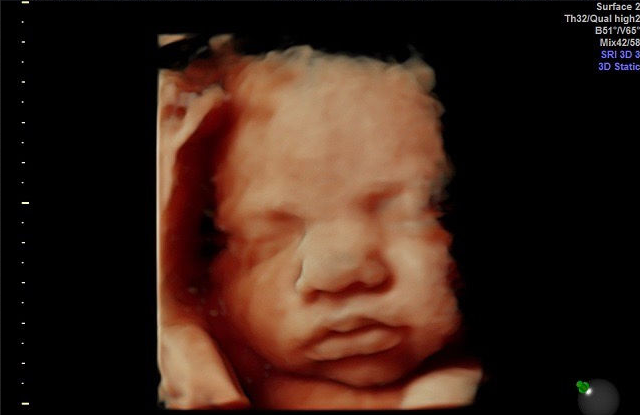The Ohio heartbeat law received support from 18 state attorneys general Monday as the Ohio Supreme Court considers whether to allow the life-saving abortion ban to go into effect.
Cleveland.com reports Mississippi Attorney General Lynn Fitch and 17 other attorneys general filed an amicus brief in favor of the pro-life law and Ohio Attorney General Dave Yost’s defense.
“In Dobbs, the Supreme Court returned important policy making to the people and their elected officials,” Fitch said in a statement. “The court set aside decades of special rules that had been created to circumvent longstanding principles of neutrality in order to validate Roe v. Wade at any cost, rules that had done great damage to the court and to the law.”
Fitch urged the Ohio Supreme Court not to make the same mistakes that Roe did. She said the will of the people of Ohio should prevail, and they elected lawmakers who promised to protect unborn babies.
Ohio and more than a dozen other states began enforcing pro-life laws after the U.S. Supreme Court overturned Roe in June. However, in October, a judge blocked the Ohio law, which bans abortions once an unborn baby’s heartbeat is detectable, and the killing of unborn babies in abortions resumed across the state.
From June to August while the law was in effect, abortions dropped 65 percent in Ohio, representing about 2,470 unborn babies’ lives, according to research by the pro-abortion group WeCount. Now that the law is blocked, thousands of unborn babies are being killed in abortions again in Ohio.
REACH PRO-LIFE PEOPLE WORLDWIDE! Advertise with LifeNews to reach hundreds of thousands of pro-life readers every week. Contact us today.
The Ohio Attorney General’s Office is appealing the judge’s ruling.
Supporting his case, Fitch and the others said Roe inflicted “significant damage” all across the U.S., and the Supreme Court agreed it was wrong.
In the brief, she said the abortion facilities challenging the law do not have standing to sue, because they do not have a close relationship with the women whose supposed rights they are trying to defend. In some cases, abortion facilities and women have conflicting interests, such as the financial motive of providing abortions, she continued.
“Abortion providers often do not even know these women,” Fitch wrote. “… And for the women that they do know, the women’s relationship is usually ‘brief,’ shallow and transactional: often just minutes long.”
For too long, Fitch said courts have allowed a special exception for abortion cases that allow abortion businesses to challenge pro-life laws, and it’s time for the courts to apply the law neutrally. She urged the Ohio Supreme Court to reject the abortion facilities’ challenge and allow the heartbeat law to go into effect.
The others who signed onto the brief were the attorneys general of Alabama, Arkansas, Florida, Georgia, Idaho, Indiana, Iowa, Kentucky, Louisiana, Missouri, Montana, Nebraska, South Carolina, South Dakota, Texas, Utah and West Virginia.
Last week, Yost’s office filed a 100-page brief arguing the abortion facility does not “have standing to challenge the Heartbeat Act.”
“The Act protects unborn children and mothers alike,” attorneys for the state said. “It protects unborn children by largely prohibiting doctors from ending the lives of those whose hearts have started to beat.”
“Further, if the state is forced to wait for a final judgment before appealing, there will be no way to compensate the state later for the thwarting of its right to protect lives lost in the interim,” the attorney general continued.
Preterm-Cleveland, Planned Parenthood Greater Ohio and other abortion businesses are behind the lawsuit. In addition to Preterm and Planned Parenthood, plaintiffs include Planned Parenthood Southwest Ohio, Women’s Med Group Professional Corp. in Dayton, Northeast Ohio Women’s Center, Toledo Women’s Center and Dr. Sharon Liner, an abortionist.
Their lawsuit argues the Ohio Constitution’s due process rights under the Due Course of Law Clause protects women’s reproductive autonomy and bodily integrity. The heartbeat law discriminates against women, in violation of the Equal Protection and Benefit Clause, the lawsuit claims.








